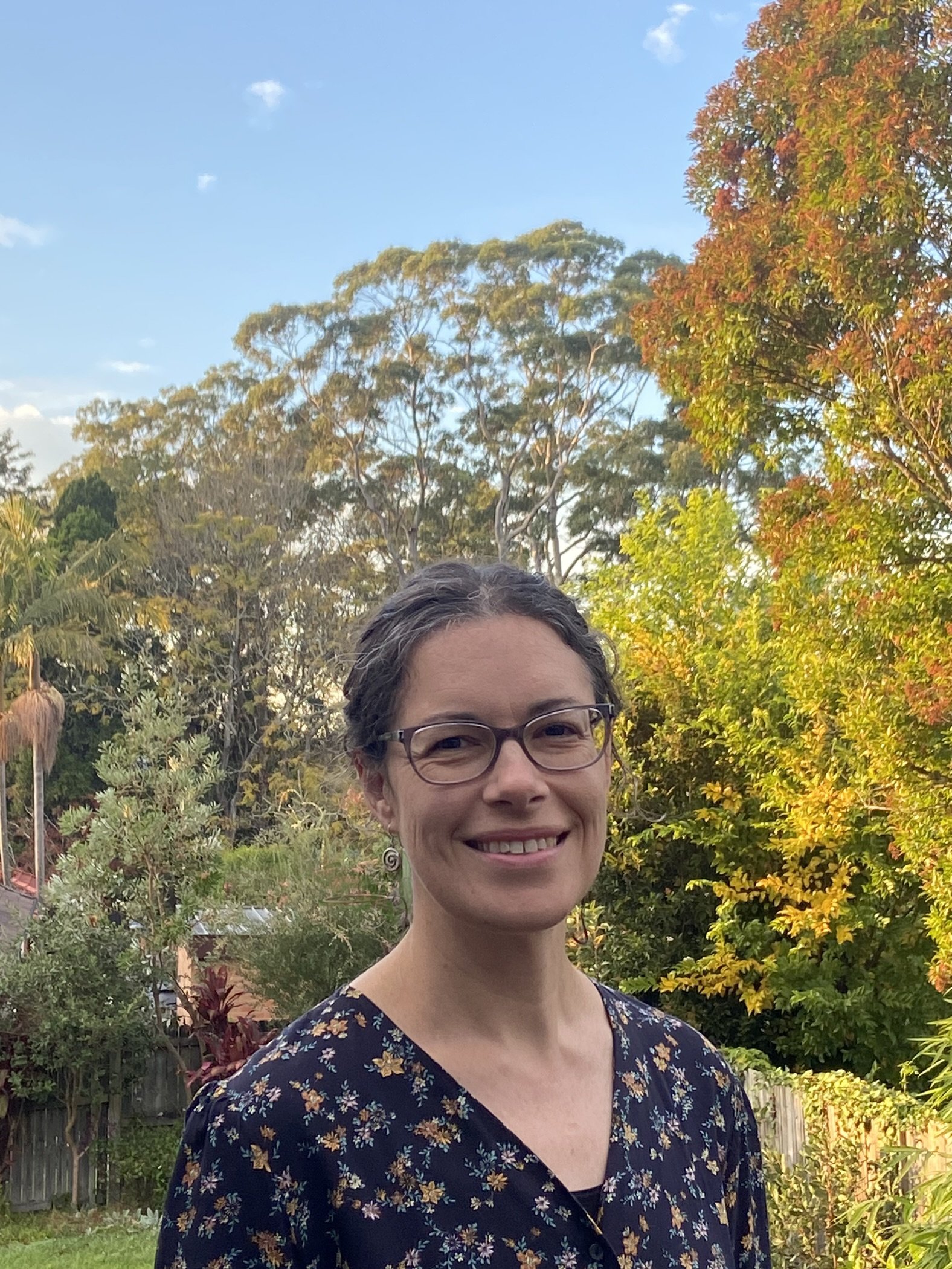Support for the hardest work
Angela Ferguson shares her experience in the Trauma Workers Greenhouse Guild
Connection and compassion are two of the values pivotal to the work of a social worker. Social workers establish relationships with those they care for, and address the unique needs of those individuals. But for those working with survivors of trauma, those relationships and needs can feel a lot more taxing as time goes on, and require the workers to have their own support.
Angela Ferguson is a Christian who has worked as a social worker with trauma survivors at Anglicare for the last six years. Angela originally trained as a scientist and re-trained as a social worker once she’d had her children. She says she loved the experience, despite finding it a challenge. “It really opened up a whole world of service for God in lots of different ways,” she shares.
Since she began working with trauma survivors, Angela has had to work through the impact of hearing about what people have gone through, and how it has affected her personally. “I think in the beginning, I didn’t really realise how much of an impact it was having, and it took a couple of years for that to really hit. It called into question a lot of my beliefs. There was a lot of wrestling with why and how horrific things happen, and how to respond,” she explains.
At that time, Angela addressed these questions with a Christian counsellor. “Being able to wrestle with these questions honestly was really helpful,” she shares.
But she also began to see a need for ongoing support from others who really understood what she was going through. “When I did some vicarious trauma training through work, that really helped me to see that I needed to prioritise connection with other workers. Support from other workers is part of making this role sustainable.”
Angela began speaking about this need with a friend at church, Dr Katrina Clifford. After talking through how to increase connections with other workers, Katrina invited Angela to take on a facilitating role in a new ministry initiative that she was setting up, The Greenhouse.
Katrina asked Angela to coordinate the Trauma Workers Guild, which is a group for professionals who work with clients who have experienced trauma from childhood abuse, whether as social workers, counsellors, legal professionals, or in other roles. The Guild gives those working in this space opportunities to together build a trauma-informed way of working, and share information about good continuing professional development. The Guild provides a safe place for trauma workers to discuss how their work affects them spiritually and in their personal relationships, while not replacing professional supervision.
“I thought, this was a way that I could formalise some of my links with people in this space. At first, I felt very underqualified but I felt God’s prompting to give it a go and to help Katrina. I felt passionate about it because I knew it was going to be beneficial for myself also, and I wanted it to get off the ground,” Angela shares.
From her tentative beginnings, Angela says that so far it has been a really positive experience. The women in the Guild have a real sense of support for each other as they connect with each other, share their lives and pray for one another.
The Guild meets once a month over zoom on a Monday night, but they’ve also had one in-person meet-up.
“Meeting online works quite well because many of us have families and other pressures and it just makes it easy at the end of the day to jump online rather than having to find a time when we can all physically leave our houses and meet somewhere,” she says.
At each monthly meeting, the members take it in turns to go around and share, whether that be things they’re currently experiencing in their workplaces or bigger issues that they’d like to discuss. One of the topics of discussion has been how to be a Christian in the workplace.
“We’ve also talked about hope and how we approach hope and its meaning in this space, both as Christians and for those we walk alongside who are not Christians. It’s really good to talk with other people who are also in this space, and to manage the complexities of that,” Angela shares.
Due to the foundation, structure and core purpose of the group, Angela notes that it’s nothing like a regular church Bible study or prayer group.
“We are very conscious of confidentiality in our group,” she says. “We are very careful about what we share. It’s great to be able to talk with women who understand what it’s like to work in this space, and we don’t have to fill in the details. They just get it.”
Angela’s hope for the group is that by continuing to meet and talk with each other, they will reduce their own risk of being traumatised in their roles.
“It is difficult work, but once you’ve wrestled with it and got to the point of being able to stick with it past a couple of years, then you think, ‘I want to be able to stick with it long term’. This Guild and other supports that I’ve got in place are enabling me to stay with this difficult work for the long term, serving God and helping bring healing in this space,” she concludes.


